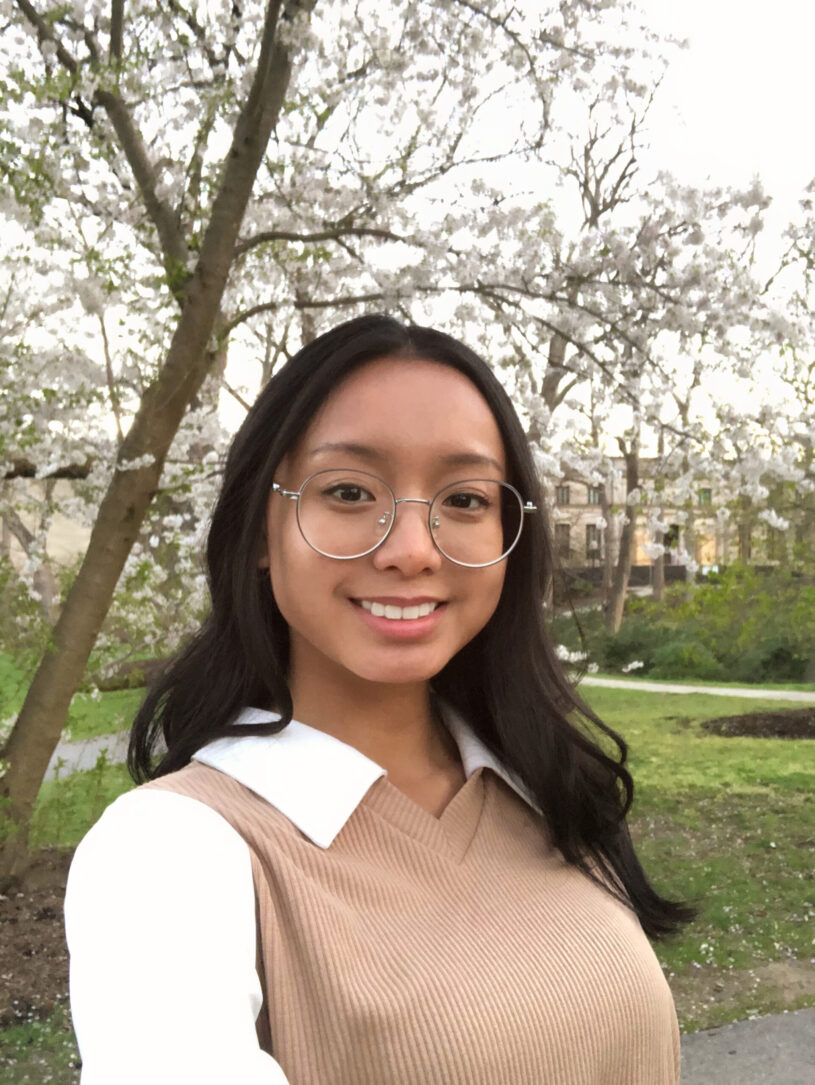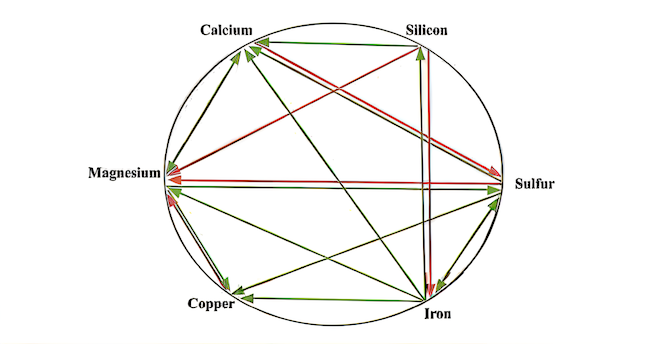Undergraduate Research Explorations: Soil and Carbon Capture & Storage at the MCSC
May 31, 2024

Alexandra Chua
Through MIT’s Undergraduate Research Opportunities Program (UROP), Wellesley College student Alexandra Chua had the opportunity to work with the MCSC to develop her scientific communication skills and form meaningful connections. Last summer, Alexandra worked on a research project with Impact Fellow Evan Coleman, focused on investigating soil elemental relationships. Throughout the project, she studied different elements in soil, their relationships, and how they influence each other and soil health. Alexandra then continued her research with the MCSC this spring, pivoting to a different sustainability-related topic, understanding carbon capture & storage (CCS) logistics, in collaboration with Impact Fellow Akachukwu (AC) Obi.
We caught up with Alexandra about her current experience as an undergraduate researcher at the consortium, and how these projects have enriched her overall academic outlook.
When it comes to the research with the MCSC, what are you most proud of?
I am most proud of my progress on my ongoing research project, Understanding CCS Logistics, with Akachukwu (AC) Obi, in which I am analyzing the sources and impact of different partnerships in CCS deployment. This research is concentrated on the logistics of carbon capture and storage in the global industry. The investigation conducted includes an analysis of the sources and impact of partnerships and hubs in CCS projects. Through analysis of the 2023 IEA CCUS Projects Database, AC and I categorize and compare differences and commonalities between various CCS deployment initiatives.
We emphasize identifying the most impactful logistical factors and how they may enable the success of planned and future initiatives. I have really expanded my own knowledge of the intricacies of carbon capture deployment initiatives so far through learning about the multitude of factors that go into these processes.
What did you gain from working with the MCSC?
Both of my projects have had a strong focus on utilizing complex data visualization techniques, which I believe are incredibly valuable skills in scientific communication. Working with my mentors on each project has given me the chance to become involved in research that makes a difference, and explores topics that I am interested in. The MCSC is also a wonderful place to hear about influential initiatives that I had never been exposed to before. My work at the MCSC has also allowed me to present my research through lightning-talks, and convey complex information to others. Being able to apply these scientific communication skills is something that I am very passionate about. Participating in the UROP program with the consortium provided meaningful mentorship for me, where I was able to interact with a wide variety of experts focusing on climate change solutions.
How did you individually contribute to your research team?
While working on my Summer 2023 UROP, Investigating Soil Elemental Relationships, I spent a lot of time researching soil nutrient interactions. In this project, I wanted to apply a systems dynamics approach towards understanding soil ecosystem relationships– specifically through the positive and negative influences that different elements in soil had on each other. This approach led me to finding Mulder’s Charts, which are commonly used tools among the agricultural and farming community. Afterwards, Evan Coleman and I incorporated it into our research, and it really influenced how I visualized the findings of my project. By utilizing these charts, I could display important elements and their complex influences towards each other in a simplified way. This allowed us to visualize and communicate our research findings by incorporating new perspectives in order to tackle an issue through a different angle. Through these frameworks, I was able to investigate if using nutrient content changes could be a possible tool towards measuring soil health.

Mulder's Chart based on modern data, using only the top 10 most geologically common soil elements.
